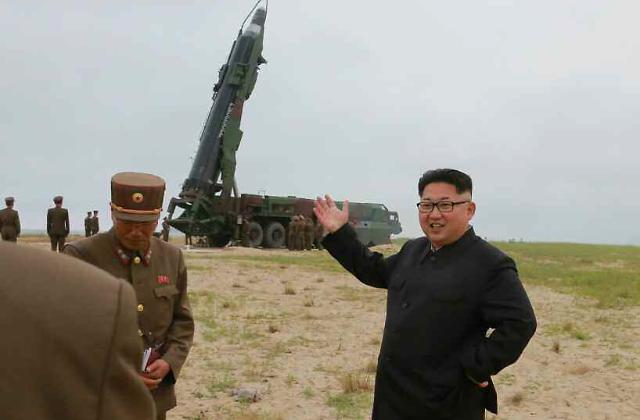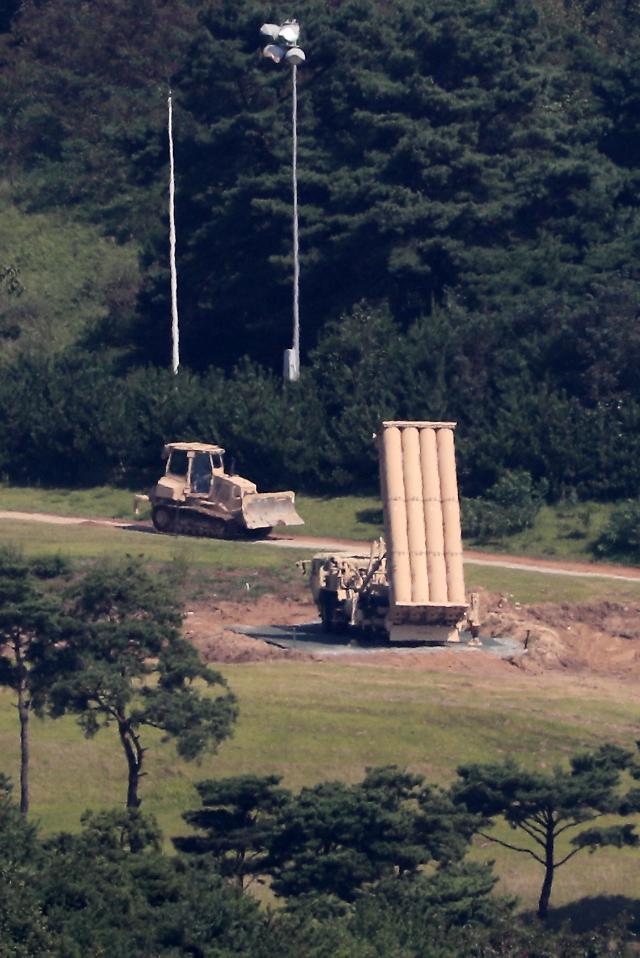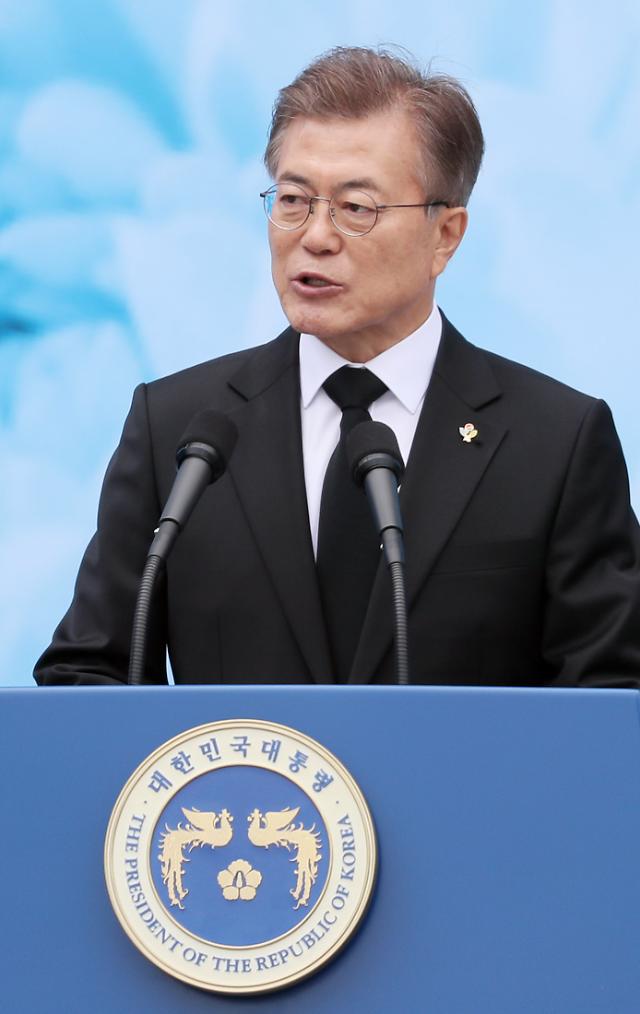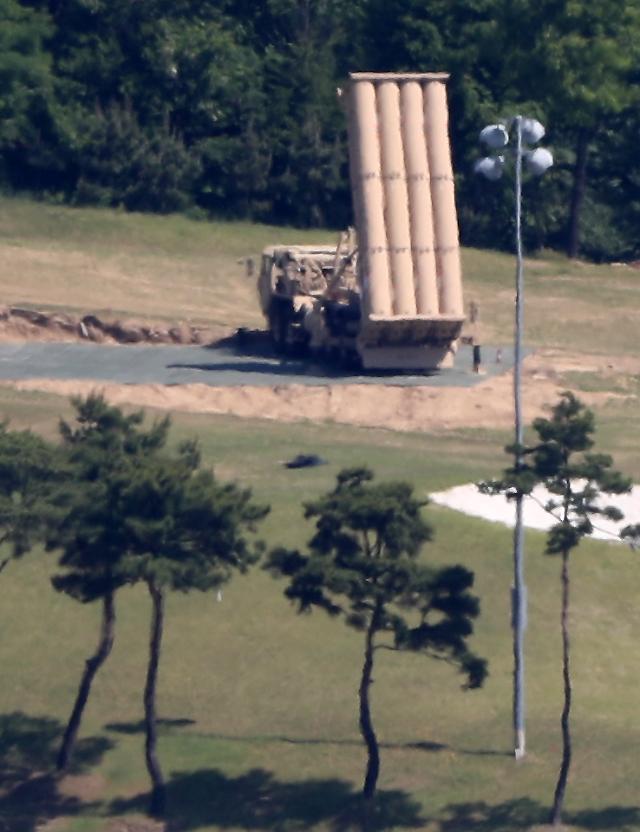
[Yonhap News Photo]
Northeast Asia was caught in a diplomatic tussle Friday after South Korea approved the controversial deployment of an advanced US missile system on its soil to intercept North Korean ballistic missiles.
China expressed "strong discontent and firm opposition" immediately after Seoul and Washington made a joint announcement that US troops stationed in South Korea would be armed with the Terminal High Altitude Area Defense (THAAD) system.
The site for a THAAD battery will be decided within a couple of weeks, the South's defense ministry said, adding the actual deployment could come at least by the end of 2017.
US and South Korean officials stressed the missile defense system would be used solely to cope with North Korean nuclear and missile threats without being directed towards any third-party nations.
"North Korea's continued pursuit of missiles and weapons of mass destruction ... require our alliance to ensure we retain abilities to defend ourselves in the face of these threats", US Chief of Staff Lieutenant General Thomas Vandal told reporters in Seoul.
The announcement triggered a mixed reaction from countries around the peninsula. Tokyo welcomed the deployment of a THAAD battery on the Korean peninsula, saying it would contribute to regional peace and stability while Beijing warned the THAAD deployment would "seriously" hurt strategic interests of China and other countries as well as the security balance in Northeast Asia.
"The THAAD system does not help achieve the denuclearization of the Korean Peninsula and also hurts peace and stability in the region," China's foreign ministry said in a statement.
Russia expressed "very serious concern" and accused the United States of building the capacity of its global missile defense system.
"We hope that our partners, given the difficult balance of power in the region, will be able to once again weigh all the circumstances and avoid ill-considered actions that could result in tragic and irreparable consequences for the situation in Northeast Asia and beyond," Russia's foreign ministry said in a statement.
South Korean Defense Minister Han Min-koo played down fears that the THAAD row could hurt relations with China and Russia. "We will do our best to address such concerns."
For South Korea, the decision to adopt the US missile system was based on its national security interests to enhance its defense posture against North Korea's advances in nuclear and missile programs.
The THAAD row comes as South Korea seeks to balance the strategic priorities of its main military ally, the United States, against those of its biggest trade partner, China.
China and Russia are North Korea's only significant diplomatic protectors, although both have signaled growing impatience with Pyongyang's refusal to rein in its nuclear weapons program.
South Korea's initial public reaction was generally negative, but North Korea's continued missile launches have softened the voices of dissent.
Two weeks ago, North Korean leader Kim Jong-un hailed the "successful" test-launch of medium-range missiles that could hit any US targets in the Pacific, vowing to step up the development of nuclear weapons.
The main opposition Minjoo Party of Korea said in a statement on Friday that the THAAD row would weigh down on South Korea's trade and diplomatic relations with China, but it did not oppose the actual deployment.
Aju News Lim Chang-won = cwlim34@ajunews.com




